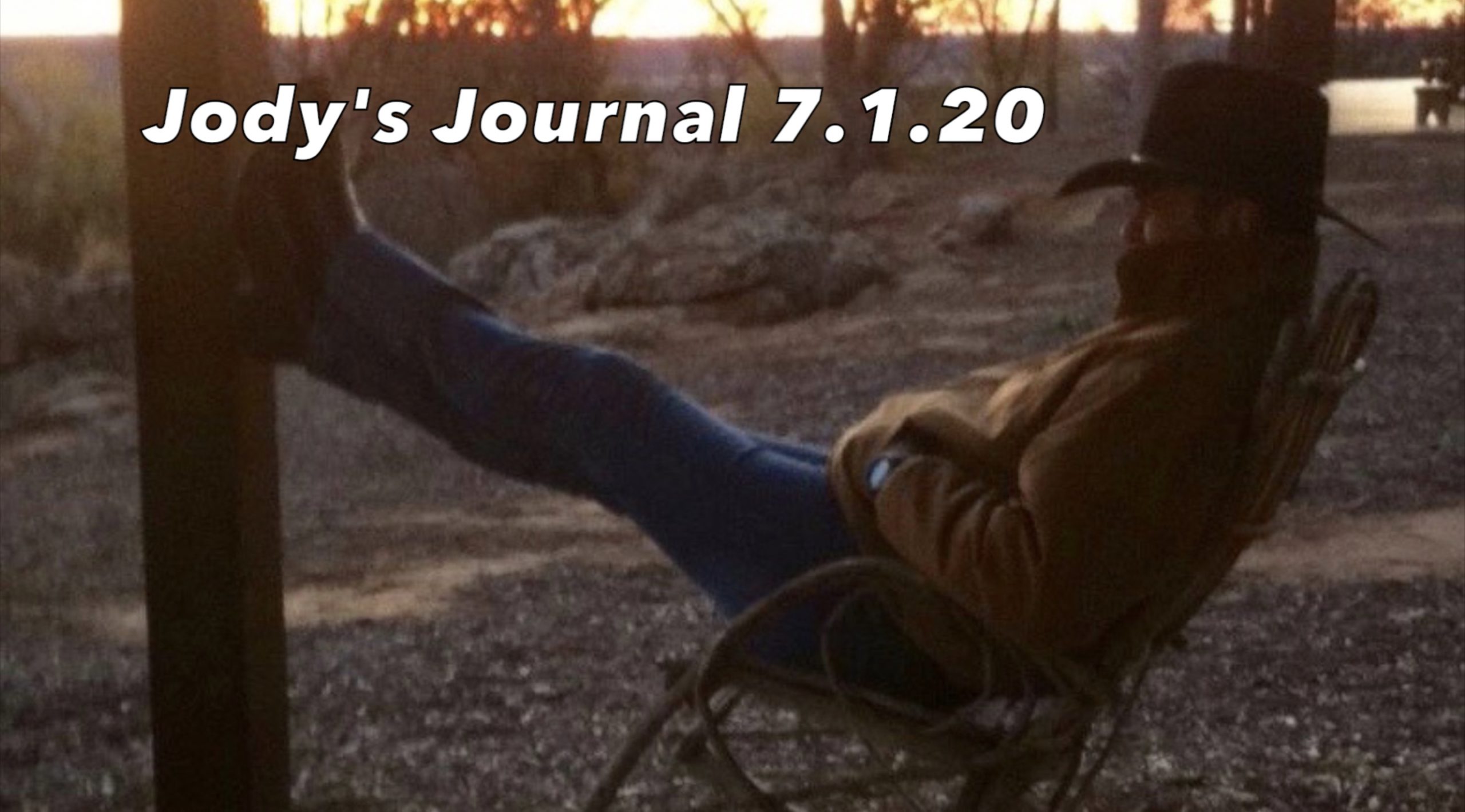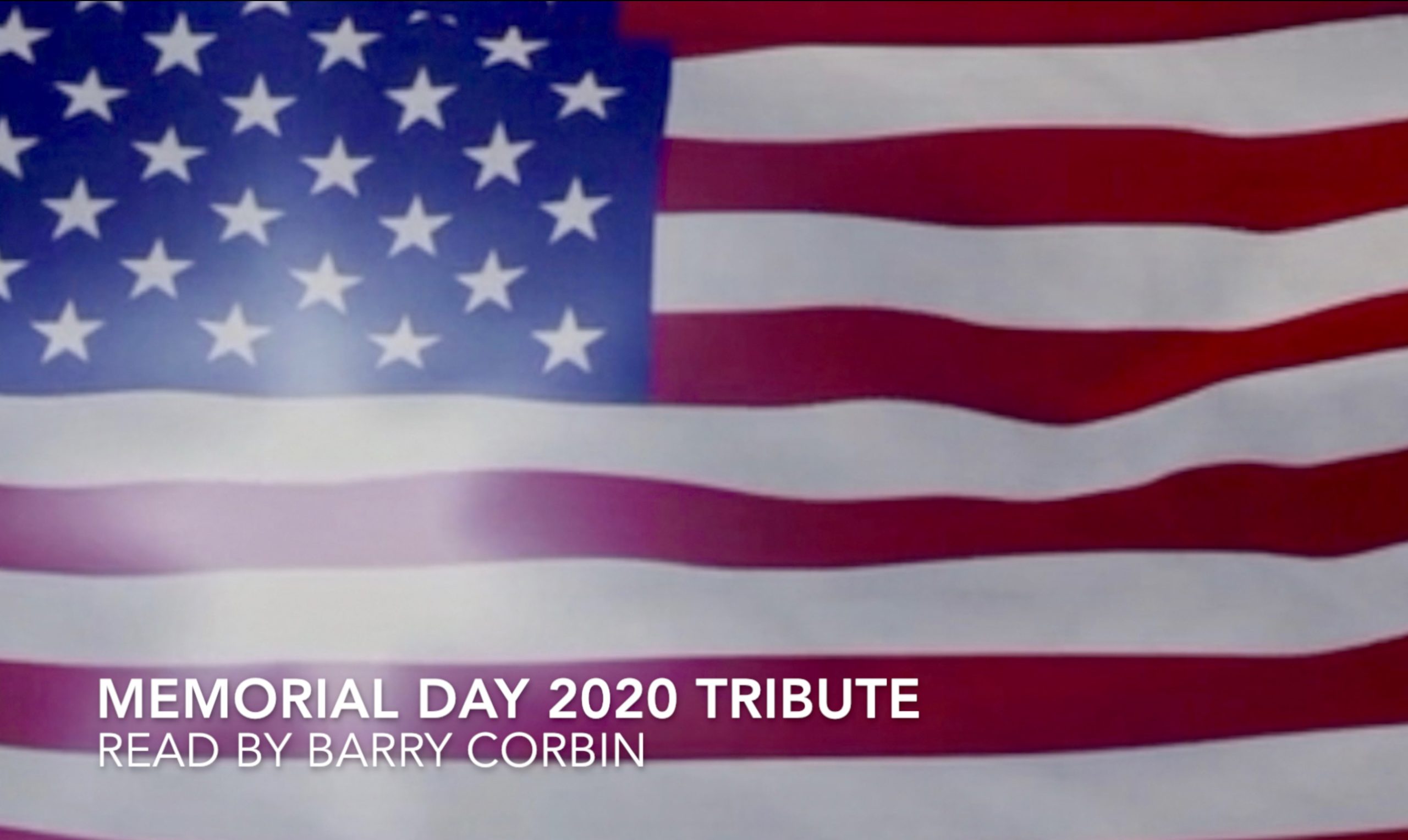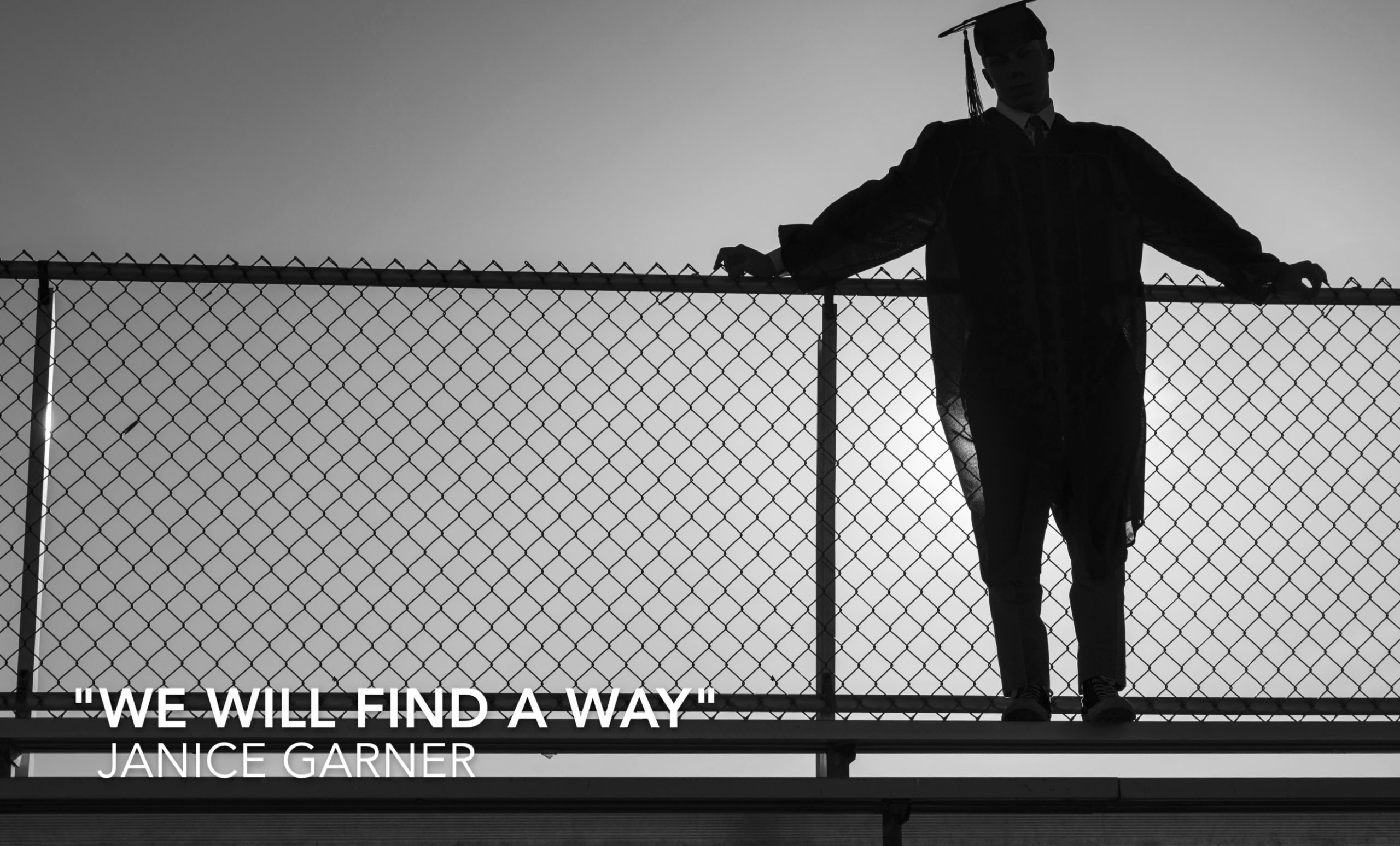At one point in the mid-70s, there’d been a rash of UFO sightings. Naturally, the stories captured the headlines.
One week a local radio outlet in Dallas-Fort Worth and a sister station in Houston started promoting a special hour late the following Sunday night, during which both would “combine their signals” and “beam a message into outer space”. The idea was to then “listen” live on-air for a reply, and hope that a passing ET might drop in for spongecake.
The only other time dead air ever got that much attention was when Dan Rather walked off the set of the CBS Evening News (look it up).
The stunt was brilliant. Ratings were off the charts for an otherwise dead day-part, although no space zombies were contacted.
That came later.
I did Talk radio for awhile. The fact of the matter is I sucked at it. What possessed me to think I could succeed in Talk radio, I will never know – but I had my head handed to me in the ratings by people who knew what they were doing. I clearly didn’t. I also didn’t take instruction very well, though lots of people tried to help. I mean, a lot of people.
It’s not necessary to go through the whole evolution of call-in radio programs to where we are today, except to look at the dawn of the genre’s explosion. Late 80s, let’s say. Certainly early 90s. Once big-name talkers began to have success, programmers naturally wanted to jump on board. Suddenly talk shows were everywhere on the dial, and we hosts needed something to capture the listener’s attention. Something compelling, that would keep people around through the commercial breaks and build those quarter-hours of listenership that drive ad rates.
An entire phalanx of consultancy arose almost immediately. Conflict is compelling. Make the phones rings. As one programmer used to say, make them levitate.
How we did it and where the limits were depended on whether it worked. Asking forgiveness was easier than asking permission. The topics? Whatever made the board light up. Might be politics. Might be Sports With A Capital “S”. Getting people to yell at each other was a programmer’s dream, regardless of the subject. The hallmark of a consultant’s success. We called it passionate discourse – protected by our right of free speech. Arguing was the American thing to do.
In 1976, Buck Henry starred in a Saturday Night Live sketch in which he played a fictional “hard-hitting” radio talk show host named Frank Noland, who simply cannot get his phone to ring. When a discussion of municipal bonds fails to generate any calls, Frank eventually gets to dead puppies. “Killing Puppies — It Doesn’t Bother Me” … That’s me, Frank Noland, and I LIKE dead puppies! Frankly, I’m totally in favor of using federally supported municipal bonds to pay for forced busing of Soviet Communists to come into your homes to kill your puppies! Give me a call, won’t you? The lines are open. Tell ME what you think about it. Dead, mangled puppies…I like ’em!”
That’s not that far off from reality.
For as long as I can recall, and certainly since I tried and failed in the talk show business, there’ve been actual publications where a host can find a guest or expert commentator on practically any subject available. Google talk show guests and see how many returns you get. A great many of those guests are knowledgable and fantastic. But if the PhD in municipal bonds doesn’t draw calls to the switchboard, it isn’t long before you’re forced to book the guy who met Elvis living on an island. If it caused talk, that’s what mattered. That’s a little scary.
With so many shows and segments to fill, and vetting almost secondary, deniers and skeptics suddenly found plenty of platforms to state their views. If you thought your audience would like an author who maintained that vaccines are a government plot, or that fluoride robs men of their essence, the low-hanging fruit was right there – and a bunch of us picked it. 8-ball line, west of the Rockies. Radio wasn’t alone, either. Even Jerry Springer says if we want to, we can blame him.
Revving people up became the point. Success was measured by how hot the calls got. The difference, of course, is that in prior generations, had people expressed many of those views over a cracker barrel their neighbor might have punched ’em in the nose. When you called in to rip the idiot on just before you, you didn’t even have to give your real name. Suddenly you had a voice, possibly for the first time ever, maybe for your anger and frustration. Make that usually. People vented. The radical rated. Now, rather than meeting eye-to-eye while hanging laundry at the fence we were able to lob grenades over it.
Is it any wonder now that the internet has increased and exploited that capacity geometrically? The comments section is simply the fruit of the call-in number. Having a voice, however, does not always equal having something useful to say.
Conflict might have been compelling, but I don’t recall much attention being paid at the time to consequences. It would likely not surprise you to know that some of the format’s more infamous recent practitioners believe nary a word they even say. It’s schtick – which one particularly disingenuous host was lately forced to confess under oath. Sowing discord for show business’ sake. It’s the act, man. But look at those cars parked in the executive lot.
Outrageousness and the attending outrage it spawns are good for business. Does anyone think Skip Bayless or Stephen A. would still have platforms if they just gave you the stats? Shares and engagement, man. Shares and engagements. But, as Glenn Frey and Don Henley once wrote, every form of refuge has its price. None of these observations taken alone is altogether inherently bad. Neither us giving a 5-year-old a Stradivarius, provided he doesn’t use it as a hammer. If he does, it’s an illustration of what happens when liberty gets taken for license. He’s just going to bang it ’til it breaks.
Had I been any good at doing Talk radio, I might have stayed. I doubt it, though. I don’t really know how the long-timers have done it – especially in the political realm. Personally, I got tired of going home pissed-off every day. The only thing worse that hearing other people fight is knowing you’re the one who picked it, and the whole thing gave me a daily headache. These days? Dear God, I can’t even imagine. There’s a helluva lot more to be mad about. Maybe more than ever. I know plenty of talk show hosts with a deep conscience. Webmasters who draw the line at what they’re prepared to post. Bloggers who take their rights with a big dose of responsibility. But, yeah. There are some out there who only look at the reach.
A great many of my broadcast colleagues may take exception to the claim that the seeds of our present divisions were planted in those days, but I disagree. I was in the meetings.
I just wasn’t any good at it, that’s all.
JD
3.5.19





